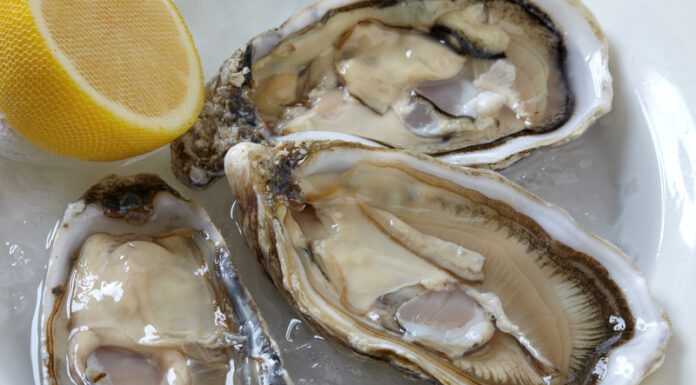Two additional people have died after consuming raw oysters contaminated with flesh-eating bacteria in Louisiana, health officials confirmed during a Louisiana Oyster Task Force meeting last week. The deaths were caused by Vibrio vulnificus, a naturally occurring bacterium found in warm coastal waters.
The fatalities were reported during a Tuesday, August 26, 2025, task force meeting at the New Orleans Lakefront Airport, where officials reviewed recent data on illnesses linked to Louisiana oyster consumption. One victim was a Louisiana resident, while the other was from out of state. Both individuals contracted the bacteria after eating oysters that were harvested in Louisiana but served at restaurants in Louisiana and Florida.
Jennifer Armentor, the molluscan shellfish program administrator at the Louisiana Department of Health, told the task force that the bacteria situation is concerning. “It’s just prolific right now,” she indicated during the Tuesday meeting.
These two oyster-related deaths bring Louisiana’s total Vibrio vulnificus fatalities to six for 2025. The state health department previously reported four other deaths attributed to the same bacteria earlier this year. Louisiana has experienced 22 cases requiring hospitalization among state residents, with more than 80 percent of reported cases stemming from exposure of open wounds to seawater rather than food consumption.
The current infection rate represents a dramatic increase from historical averages. Over the previous 10 years, Louisiana typically reported an average of seven Vibrio vulnificus cases and one death annually. The Centers for Disease Control and Prevention warns that about one in five people with this infection die, sometimes within a day or two of becoming ill.
Vibrio vulnificus thrives in warm coastal waters and becomes more prevalent during warmer months from May through October. The bacterium can cause serious illness through two primary exposure routes: when open wounds come into contact with coastal waters, or when individuals consume raw or undercooked seafood, particularly oysters.
Health officials explain that many people with Vibrio vulnificus infections can become seriously ill and require intensive care or limb amputation. The bacteria can cause invasive soft tissue infections, sometimes referred to as necrotizing fasciitis, as well as bloodstream infections that can rapidly become life-threatening.
The Gulf Coast region provides ideal conditions for Vibrio vulnificus proliferation. Dr. Fred Lopez, an infectious diseases specialist at the LSU Health Sciences Center in New Orleans, explained that Gulf waters represent the perfect convergence of salt content and temperature that allows this organism to multiply rapidly.
Climate change may be contributing to the bacteria’s expanding range and increased prevalence. Research from 2023 found that the northernmost infections have been shifting further north by approximately 30 miles each year, with cases overall trending upward. Rising water temperatures create more favorable conditions for bacteria to thrive, extending the season when infections are most likely to occur.
Symptoms of Vibrio vulnificus infection vary depending on the route of exposure. Individuals who consume contaminated shellfish typically experience severe vomiting and diarrhea, which can lead to dangerous dehydration. Individuals with skin infections may develop fluid-filled blisters at wound sites, accompanied by rapidly spreading redness, and the infection can escalate into a life-threatening illness within 24 hours.
Certain populations are at a higher risk of Vibrio vulnificus infections. People with chronic liver disease, diabetes, weakened immune systems, or those who consume alcohol heavily are more likely to develop severe complications requiring hospitalization. The Louisiana Health Department issued a statement on July 31 urging residents to take precautions against vibriosis infections.
Prevention measures include avoiding raw or undercooked shellfish, especially for individuals with immunocompromised conditions or those with liver disease. Health experts recommend ensuring shellfish comes from hygienic sources and has not been sitting out for extended periods. People should also keep wounds covered and avoid warm coastal waters during the summer months, when higher temperatures create ideal conditions for bacterial multiplication.
Early medical intervention is critical for Vibrio vulnificus infections. Antibiotics can often prevent the infection from spreading, but patients should inform healthcare providers about recent water exposure or shellfish consumption. Even brief contact with contaminated water through cuts or scrapes can lead to infection.








